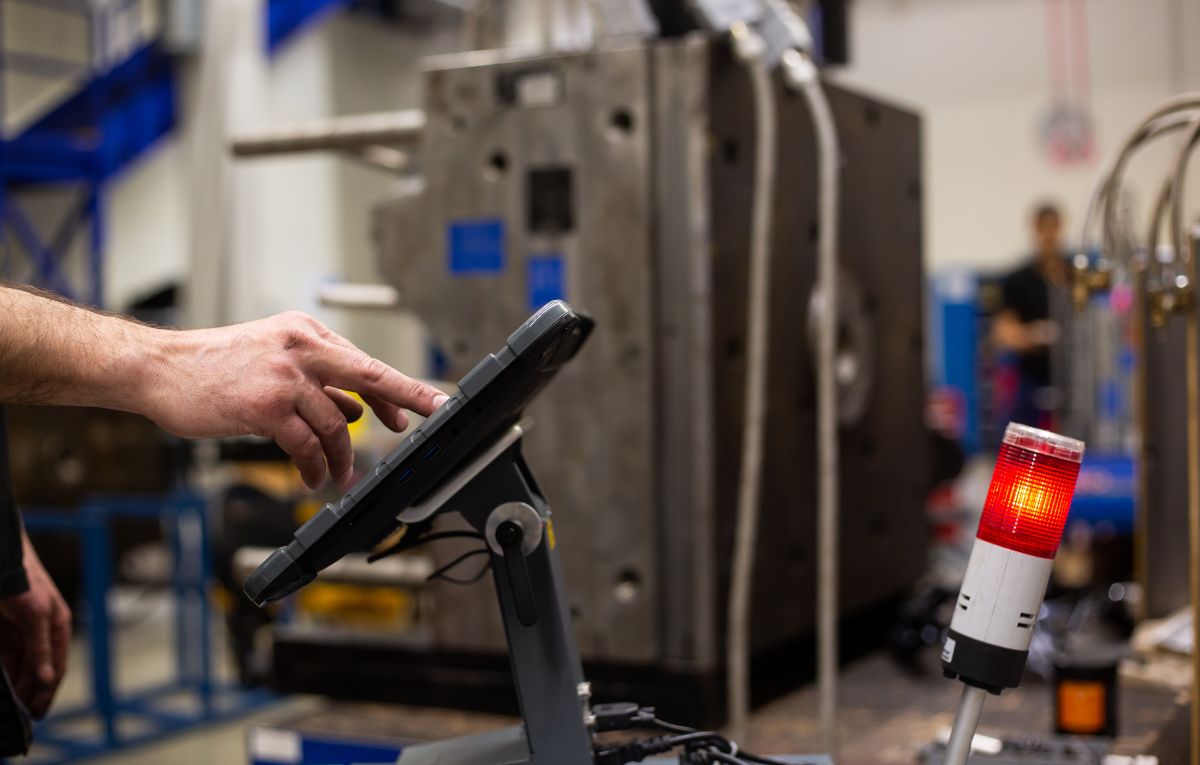In the intricate world of automotive manufacturing, where precision and durability are paramount, plastic injection molding stands as a cornerstone technology. As automotive designs evolve to meet increasingly demanding standards for performance, efficiency, and sustainability, manufacturers rely on injection molding processes to craft components that meet these rigorous criteria. In this article, we delve into the best practices that plastic injection molding manufacturers employ to achieve precision and perfection in automotive applications, with a particular focus on injection mould design.
1. Understanding Automotive Plastic Injection Molding:
At the heart of automotive plastic injection molding lies a sophisticated process that transforms raw plastic materials into intricate components. Manufacturers leverage this technology for a wide array of automotive parts, ranging from interior components like dashboards and door panels to exterior elements such as bumpers and grilles. The versatility and cost-effectiveness of plastic injection molding make it indispensable in modern automotive manufacturing.
2. Precision Engineering for Automotive Excellence:
To meet the stringent requirements of automotive applications, precision is non-negotiable. Manufacturers invest in state-of-the-art machinery and employ advanced techniques to ensure that every component meets exacting specifications. From selecting the right materials to optimizing injection parameters, precision engineering permeates every stage of the manufacturing process.
3.Optimizing Injection Mould Design:
The foundation of successful plastic injection molding lies in meticulous mould design. Automotive manufacturers collaborate closely with design engineers to develop moulds tailored to the unique requirements of each component. Factors such as part geometry, material properties, and production volume influence the design process, with an emphasis on maximizing efficiency and minimizing waste.
4. Embracing Innovation in Material Selection:
In the automotive industry, materials play a crucial role in determining the performance and durability of components. Plastic injection molding manufacturers stay abreast of the latest advancements in polymer science, constantly exploring new materials that offer enhanced strength, heat resistance, and recyclability. By selecting the optimal material for each application, manufacturers can achieve superior performance while minimizing environmental impact.
5. Driving Sustainability Through Lean Manufacturing:
As environmental concerns continue to shape the automotive industry, manufacturers are increasingly adopting sustainable practices in plastic injection molding. From reducing energy consumption to implementing closed-loop recycling systems, every aspect of the manufacturing process is scrutinized for its environmental footprint. By embracing lean manufacturing principles, plastic injection molding manufacturers can minimize waste and contribute to a more sustainable future.
6. Collaborating for Success
The success of automotive plastic injection molding hinges on collaboration across disciplines. Design engineers, materials scientists, and manufacturing specialists work hand in hand to optimize every aspect of the production process. By fostering a culture of collaboration and continuous improvement, manufacturers can overcome challenges and unlock new opportunities for innovation.
In conclusion, precision and perfection in automotive plastic injection molding are not merely aspirations; they are essential prerequisites for success in an increasingly competitive industry. By adhering to best practices, embracing innovation, and fostering collaboration, plastic injection molding manufacturers can elevate the quality, efficiency, and sustainability of automotive manufacturing. As the automotive landscape continues to evolve, the role of injection mould design in achieving these objectives will only grow in significance, ensuring that the vehicles of tomorrow are built with precision and perfection in mind.
For more vist: https://www.djmolding.com/
7.Ensuring Quality Assurance:
Throughout the automotive plastic injection molding process, stringent quality assurance measures are implemented to uphold the highest standards of excellence. From comprehensive testing protocols to real-time monitoring systems, manufacturers employ a range of strategies to detect and address any deviations from specifications promptly. By prioritizing quality assurance at every stage of production, manufacturers instill confidence in their products’ reliability and durability, earning the trust of automotive OEMs and end-users alike.
